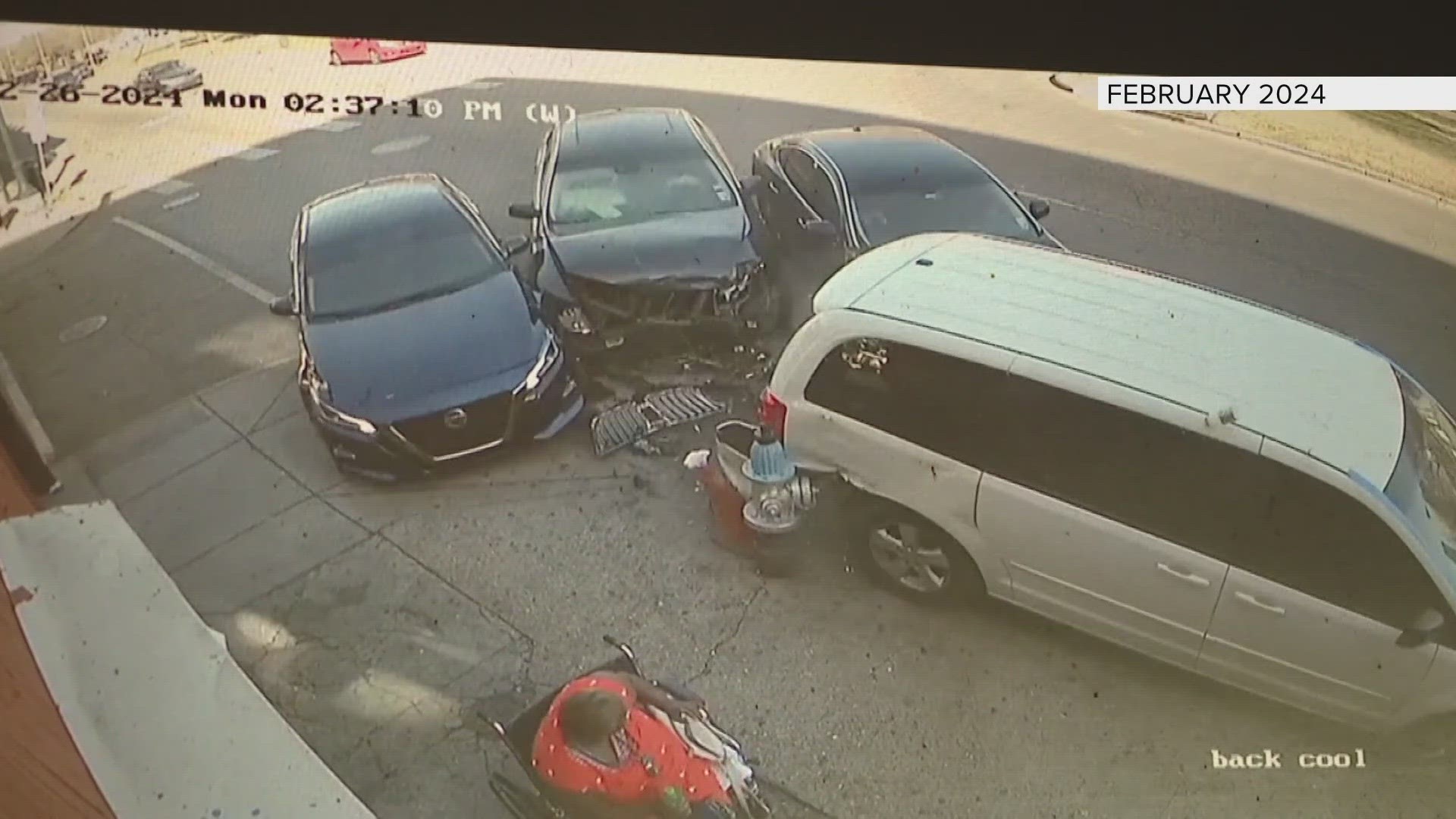NEW ORLEANS — Just last month, a high-speed car chase by St. Bernard Sheriff’s deputies that began in Chalmette ended in a multi-car crash near the French Quarter. In 2021, a state police trooper pursued a car through Lakeview, ending in a fiery collision that sent four people to the hospital.
In both cases, New Orleans police officers largely stood by as officers from the outside law enforcement agencies did the chasing.
“What they do is on them, but we can't order them to stop. We don’t have that authority,” said Michael Pfeiffer, a retired NOPD captain who is now the department’s innovation manager.
With about 40 troopers soon set to work throughout the city as part of the new Troop NOLA, leaders from both agencies are discussing how to handle their very different pursuit policies.
Under the city’s 12-year-old federal consent decree, NOPD officers can only chase in cases involving a violent crime. And then, only with real-time permission from a supervisor.
State Police troopers, on the other hand, can initiate a chase for as little as a driver failing to pull over for a traffic stop.
Both agencies agreed that the troopers won’t be required to adhere to the mandates of the NOPD’s consent decree. But with troopers and NOPD officers already together in New Orleans in a variety of smaller-scale operations, both sides have no qualms about merging their tactics.
“I would always hope that they use their best judgment and do risk-benefit analysis to the public they serve,” Pfeiffer said. “And whatever their decision is, OK, they are responsible for it.”
Even with the differences, newly appointed State Police Superintendent Robert Hodges doesn't foresee any problems.
“When we work with any other agency, we're always conscientious of the guidelines that they have to follow, but we still can work within our own agencies policies for the greater good in law enforcement and public safety,” Hodges said in an exclusive interview with WWL Louisiana. “It presents challenges at times, but we know one another's capabilities and limitations, but we work through those.”
NOPD Sgt. David Barnes, of the research and planning department, said the two agencies are already discussing how to mesh on the pursuit policy.
“We sent a contingent actually up to Baton Rouge over the past few weeks working hand-in-hand with state police so that we can actually address all these issues,” Barnes said.
Barnes believes the two agencies can learn new tactics from each other.
“There's a difference between chasing someone down St. Charles and chasing someone down on an interstate,” he said.
Given the urban environment of New Orleans, including more heavily trafficked city streets, Barnes said he hopes the troopers will lean into the NOPD’s policy, which is now being recognized nationally as a “best practice” for other city police departments.
And the NOPD is continually refining its policies to match real-life circumstances and acceptance by officers. That includes the pursuit policy, which was recently tweaked to allow officers a bit more leeway to use their initial judgment to begin a pursuit before notifying a ranking supervisor.
“Right now, we are at the state of the art. And many, many departments ask us questions about our policy,” Pfeiffer said.

